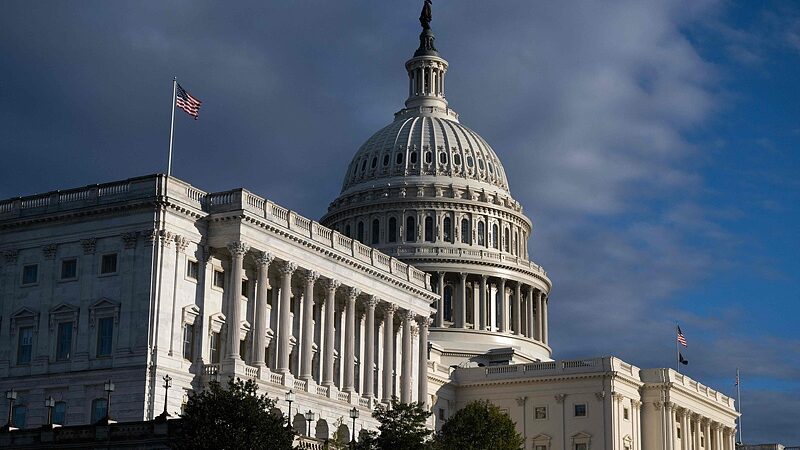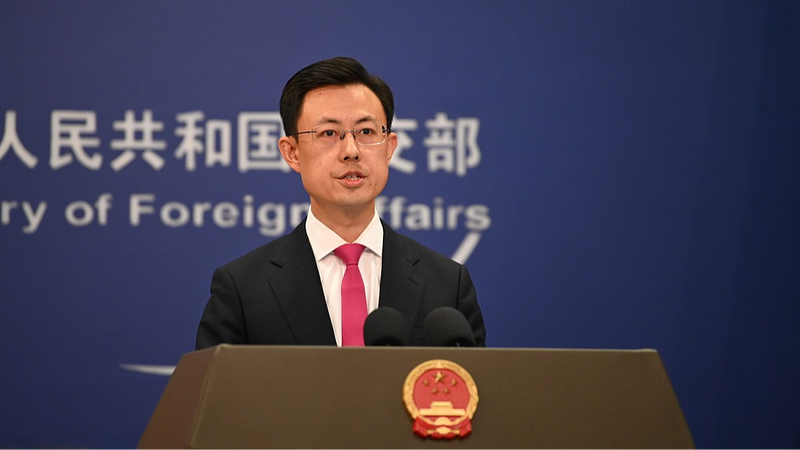The US is hitting China with extra tariffs over the fentanyl issue, but guess what? These tariffs might actually violate World Trade Organization (WTO) rules! 😮
From an international trade law perspective, the US's move doesn't hold up. The additional tariffs ignore key WTO obligations like the most-favored-nation (MFN) treatment. Basically, countries in the WTO agree to treat each other equally when it comes to trade, and the US seems to be skipping that rule.
The US might point to its own laws, like Section 301 of the Trade Act of 1974 or Section 232 of the Trade Expansion Act, to justify these actions. But domestic laws don't get you a free pass from WTO commitments. 🚫
To legally justify these tariffs under WTO rules, the US would need to prove that they are necessary and not unfairly discriminatory under exceptions like Article XX (General Exceptions) or Article XXI (Security Exceptions) of the General Agreement on Tariffs and Trade (GATT 1994). But experts say that's a tough sell. 🤷♂️
If the US keeps pushing these tariffs, other countries might take action through the WTO, like requesting a dispute settlement panel or even retaliating with their own trade measures. Not exactly a recipe for global economic stability! 🌍💔
What's more, tying public health issues like fentanyl to tariff pressure doesn't help control drug flows or improve international cooperation. It might just make things worse by escalating tensions. Instead, countries should work together on comprehensive solutions—think reducing drug demand, collaborating on law enforcement, and boosting multilateral efforts. 🤝
China, for its part, has been tough on drug production, trafficking, and abuse. Cooperation between China and the US on combating narcotics is the way to go to tackle the fentanyl problem effectively. Unilateral tariffs aren't going to fix this crisis. Major countries need to step up and act responsibly for the good of everyone. 🌟
Reference(s):
cgtn.com




